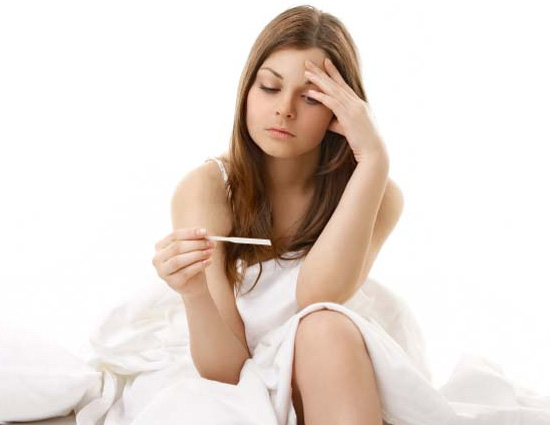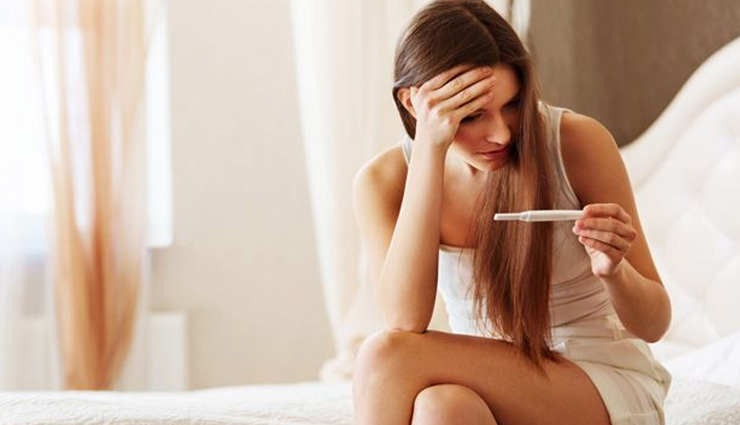- Home›
- Healthy Living›
- Extreme Exercising Doesn't Let You Get Pregnant, Read More Shocking Reasons
Extreme Exercising Doesn't Let You Get Pregnant, Read More Shocking Reasons
By: Pinki Mon, 04 Sept 2017 1:21:12

Most people know that a woman’s fertility decreases as she gets older, but even during her most fertile (and otherwise healthy) years, lifestyle choices and external factors can affect a woman’s chances of having a healthy baby. Women who want to increase their chances of getting pregnant often don’t know the best things to do or what to watch out for. Here are some of factors that do (or don’t) affect a woman’s fertility, and what you can do about them if you are trying to conceive.

# Obesity
Carrying around extra pounds can affect hormone production and make it more difficult for a woman to get pregnant. The more weight a woman gains over her healthy weight, the more she tends to experience decreased ovarian function. Women who are obese at 18years are more likely to develop polycystic ovary syndrome (PCOS) and have problems with infertility. PCOS is the most common hormonal disorder among women of reproductive age and the leading cause of infertility.
# Being too thin
Just as excess body fat can impact fertility, so can not having enough of it. That may be because women who have very low BMIs are deficient in leptin, the hormone that controls hunger and feelings of satiety. Having low leptin contributes to the absence of menstrual periods.
# Getting older
When a woman reaches menopause, usually in her 40s or 50s, she no longer ovulates and is unable to get pregnant. But even so before menopause officially occurs, she may experience fertility problems as her ovulation becomes less regular and her egg count declines, a time known as perimenopause. There’s no official age when fertility begins to take a dive but it often becomes increasingly difficult to get pregnant after age 35. It’s thus important for women of any age who are having trouble conceiving to see a specialist sooner rather than later.
# Household chemicals
Exposure to pollutants, pesticides, and industrial compounds can decrease a couple’s ability to have children by up to 29%.15 common chemicals are associated with early menopause. These chemicals include nine PCBs-polychlorinated biphenyls (which have been banned since 1979 but still exist in older products), three pesticides, two forms of plastics called phthalates (often found in personal care items and beauty products like perfumes and nail polishes), and the toxin furan, a byproduct of industrial combustion.
# Alcohol
There is no evidence that a few drinks a week will affect your fertility, but doctors do caution against heavy drinking. More than one drink a day for women has been linked to an increased risk for ovulation disorders. You probably already know you should stop drinking if you think you could be pregnant. Drinking during the early stages of pregnancy (and possibly even before conception) has been linked to premature births. As for whether it’s safe to drink later in pregnancy, the jury’s still out.
# Extreme exercise
Working out helps keep you slim, strong, and full of energy, all important when you’re trying to get pregnant. However, if you’re exercising too much it can have a negative impact on ovulation. Normal weight women who exercised vigorously for more than five hours a week have a harder time getting pregnant.




-1713439689-lb.jpg)
